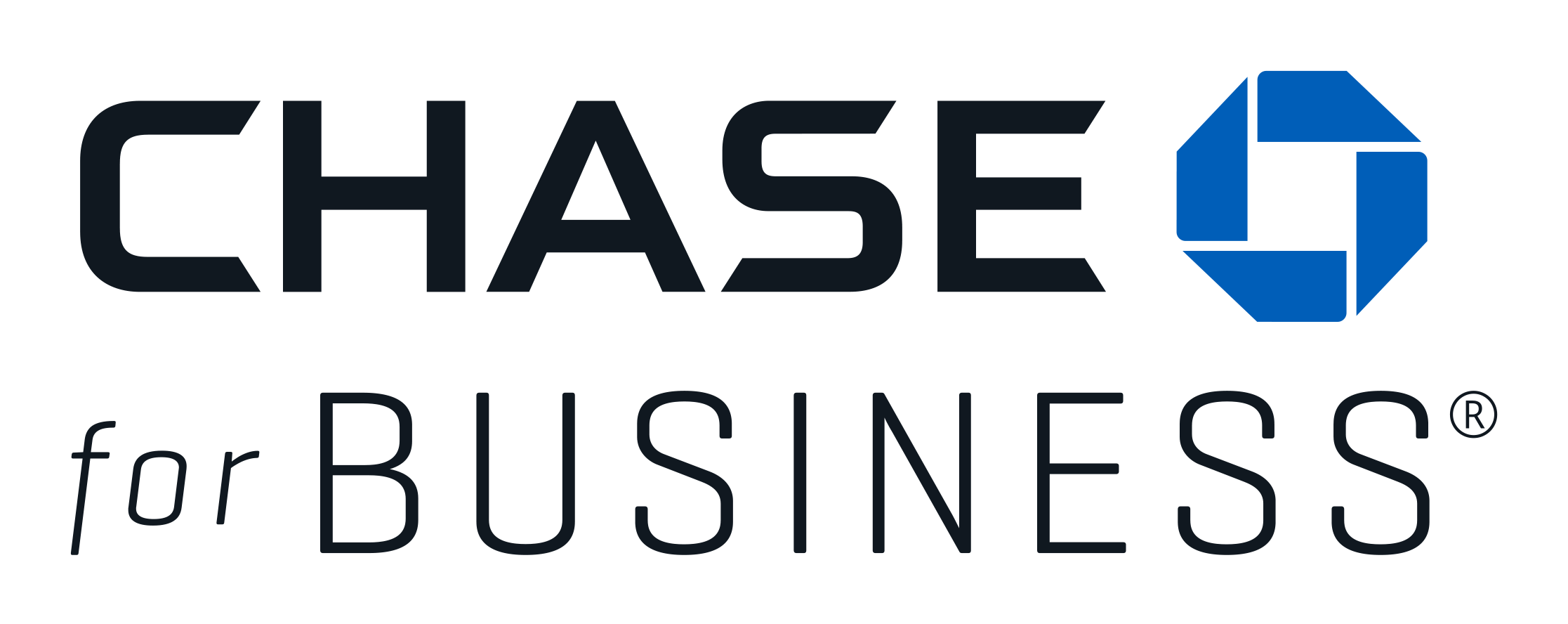Subscribe
"Unlock exclusive insights and elevate your financial wisdom with NetWorth.com — subscribe now to stay ahead in the wealth game!"

Finding the right bank can make a big difference in how efficiently your small business handles day-to-day finances. In Connecticut, business owners have access to a range of banking options, from large institutions to community-based banks tailored to local needs.
The best small business banks combine low fees, useful financial tools, and strong customer support. Whether you’re launching a startup or expanding an established company, choosing the right bank is key. In this guide, we highlight the top 8 banks in Connecticut for small businesses in 2025. Compare features, and find the one that aligns with your business goals.
We’ll use various criteria to evaluate the leading banks for small businesses in Connecticut. Our assessment will include factors such as opening fees, the simplicity of the registration process, minimum balance requirements, and the availability of digital products.
We’ll examine the interest rates provided, the accessibility of loans for small businesses, and mobile banking capabilities.








When selecting the best banks for small businesses in Connecticut, we meticulously evaluated several key aspects of their financial operations and customer service offerings. Here are some crucial factors we considered:
By considering these factors, we aimed to provide small businesses in Connecticut with reliable banking choices that support their financial health and operational needs effectively.
Business owners looking to open a bank account have several options, including credit card accounts, savings accounts, and checking accounts. Those aiming to become merchants might consider opening an account that facilitates easy debit and credit card transactions.
Yes, opening a bank account with an Employer Identification Number (EIN) is advisable. Any business with at least one employee needs an EIN for tax purposes, and banks will typically require this number to register your account.
If you’re the sole employee of your business, use your Social Security Number (SSN) instead. However, using your SSN can make distinguishing between personal and business finances difficult.
Although requirements vary by bank, some common prerequisites for opening a business bank account in Connecticut typically include a Certificate of Formation and Articles of Organization. You must provide proof of your funding source and a valid legal ID.
Setting aside at least six months’ operating expenses as a safety net for your business is prudent. This reserve can be invaluable if you encounter any operational difficulties, providing a financial cushion to help you navigate through slow periods. Aim to contribute at least 10% of your monthly profits to this savings fund to increase it steadily if possible.
Small and medium-sized businesses continue to be the backbone of Connecticut’s economy. With strong support for entrepreneurship and local growth, choosing the right banking partner is more important than ever.
The banks featured in this list are well-equipped to meet the evolving needs of today’s business owners, offering smart financial tools, competitive rates, and personalized service. If you’re running a small business in Connecticut, opening an account with one of these trusted institutions could be a key step toward long-term success.